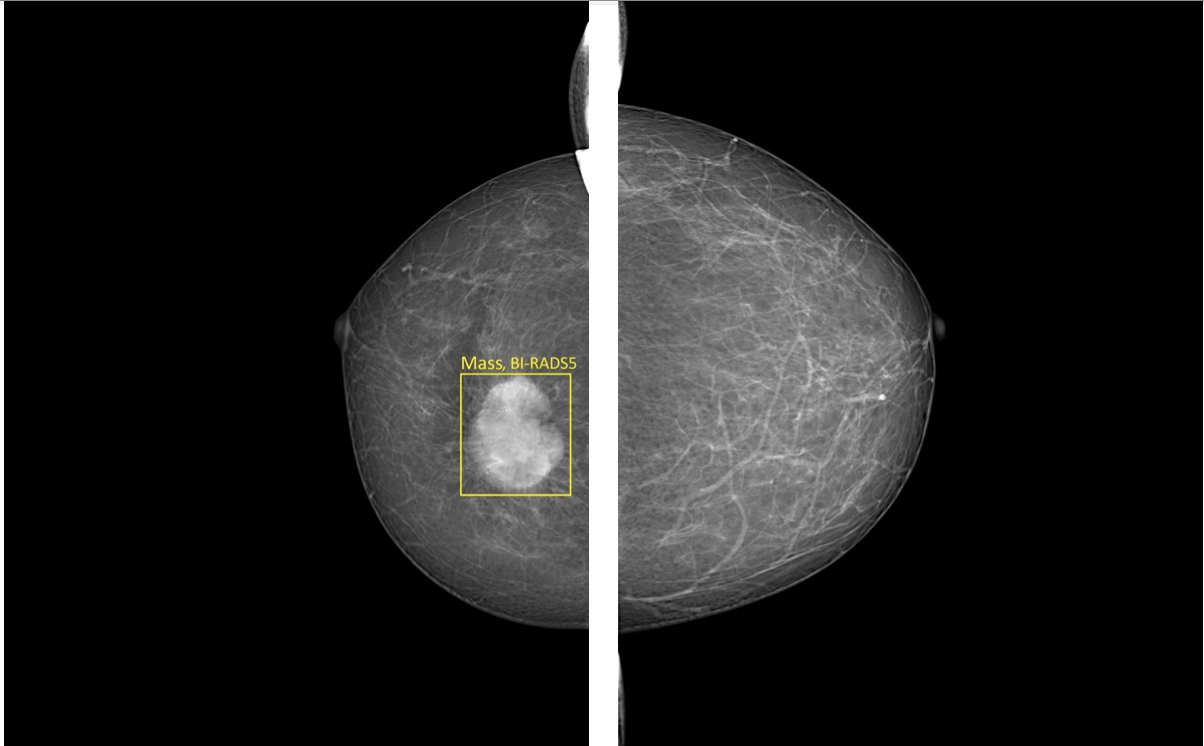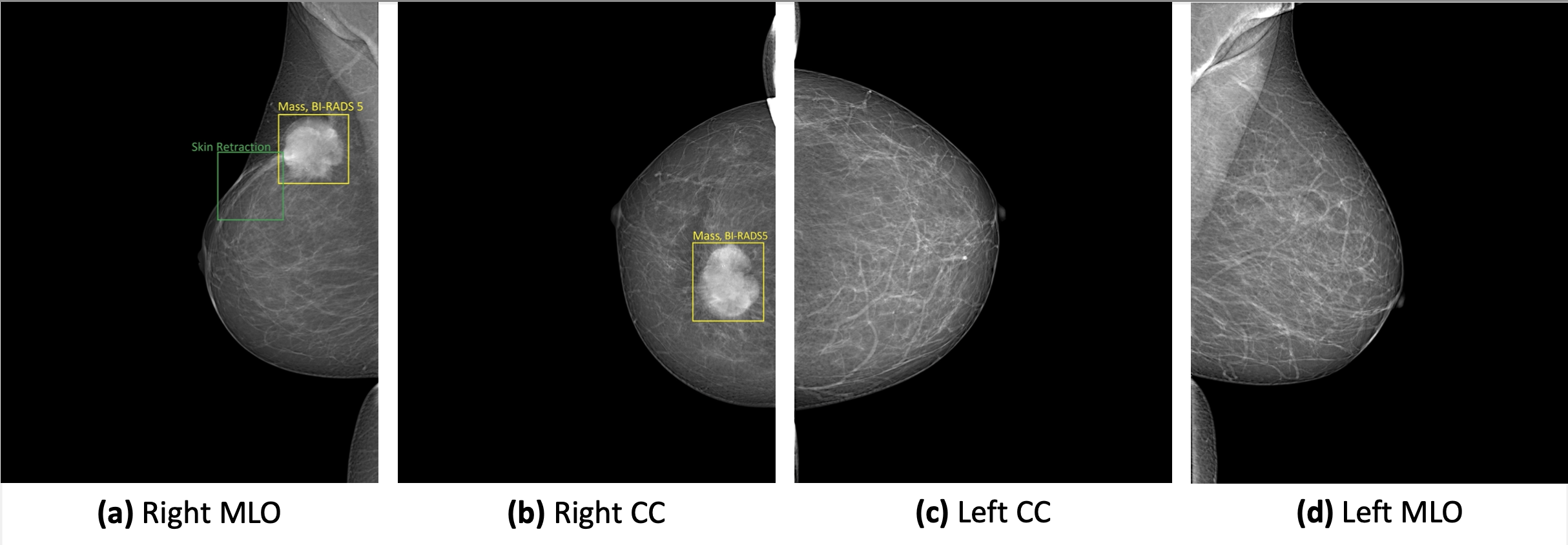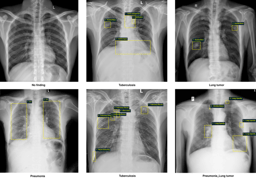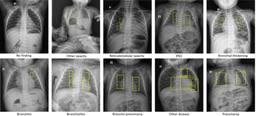VinDr-Mammo: The largest public dataset of full-field digital mammography to evaluate and compare algorithmic support systems for breast cancer screening
Published in Research Data

Breast cancer is among the most prevalent cancers and accounts for the largest portion of cancer deaths. Interpreting mammography for breast cancer screening is a challenging task. Improving cancer screening results may help reduce the cost of follow-up examinations and unnecessary mental burdens on patients.
We introduce and release the VinDr-Mammo dataset, an open-access large-scale Vietnamese dataset of full-field digital mammography consisting of 5,000 four-view exams with breast-level assessment and extensive lesion-level annotations. The paper has been accepted for publication by Scientific Data. In this work, our aim is to enhance the diversity of the publicly available mammography data for a more robust AI system and to lean towards a more interpretable system via extensive lesion-level annotations. Mammographies were acquired retrospectively from two primary hospitals in Hanoi, Vietnam, namely Hospital 108 (H108) and Hanoi Medical University Hospital (HMUH). Breast cancer assessment and density are reported following Breast Imaging Reporting and Data System. Breast abnormalities that need short-term follow-up or are suspicious of malignancy are marked by bounding rectangles. Following European guidelines, mammography exams were independently double-read. Any discordance between the two radiologists would be resolved by arbitration with the involvement of a third radiologist. To the best of our knowledge, VinDr-Mammo is currently the largest public dataset (20,000 scans) of full-field digital mammography that provides breast-level BI-RADS assessment category along with suspicious or probably benign findings that need follow-up examination. By introducing the dataset, we contribute a benchmarking imaging dataset to evaluate and compare algorithmic support systems for breast cancer screening based on FFDM.

The VinDr-Mammo dataset was created for the purpose of developing and evaluating computer-aided detection and diagnosis algorithms based on full-field digital mammography. In addition, it can also be used for general tasks in computer vision, such as object detection and multiple-label image classification. To download and explore this dataset, users are required to accept a Date Usage Agreement (DUA) called PhysioNet Credentialed Health Data License 1.5.0. By accepting this DUA, users agree that the dataset can be used for scientific research and educational purposes only and will not attempt to re-identify any patients, institutions, or hospitals.
Follow the Topic
-
Scientific Data

A peer-reviewed, open-access journal for descriptions of datasets, and research that advances the sharing and reuse of scientific data.
Related Collections
With Collections, you can get published faster and increase your visibility.
Data for crop management
Publishing Model: Open Access
Deadline: Apr 17, 2026
Data to support drug discovery
Publishing Model: Open Access
Deadline: Apr 22, 2026



Please sign in or register for FREE
If you are a registered user on Research Communities by Springer Nature, please sign in